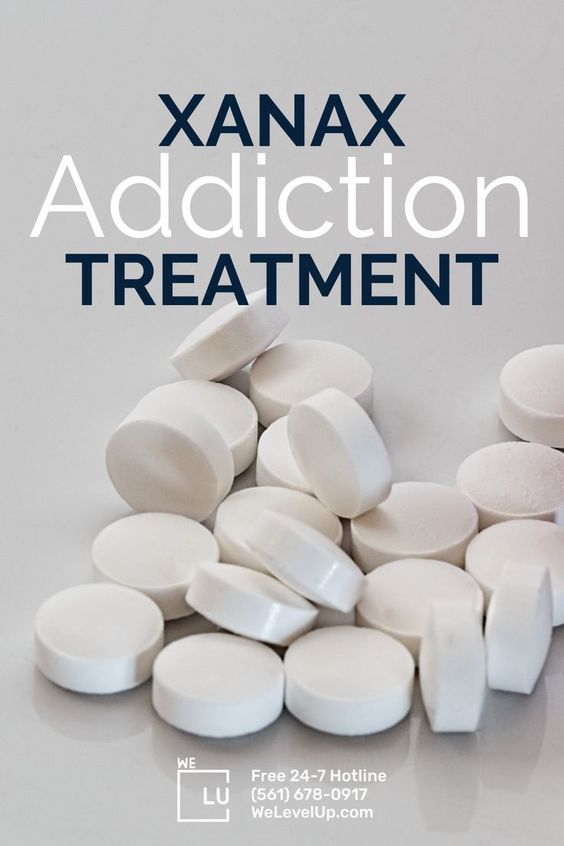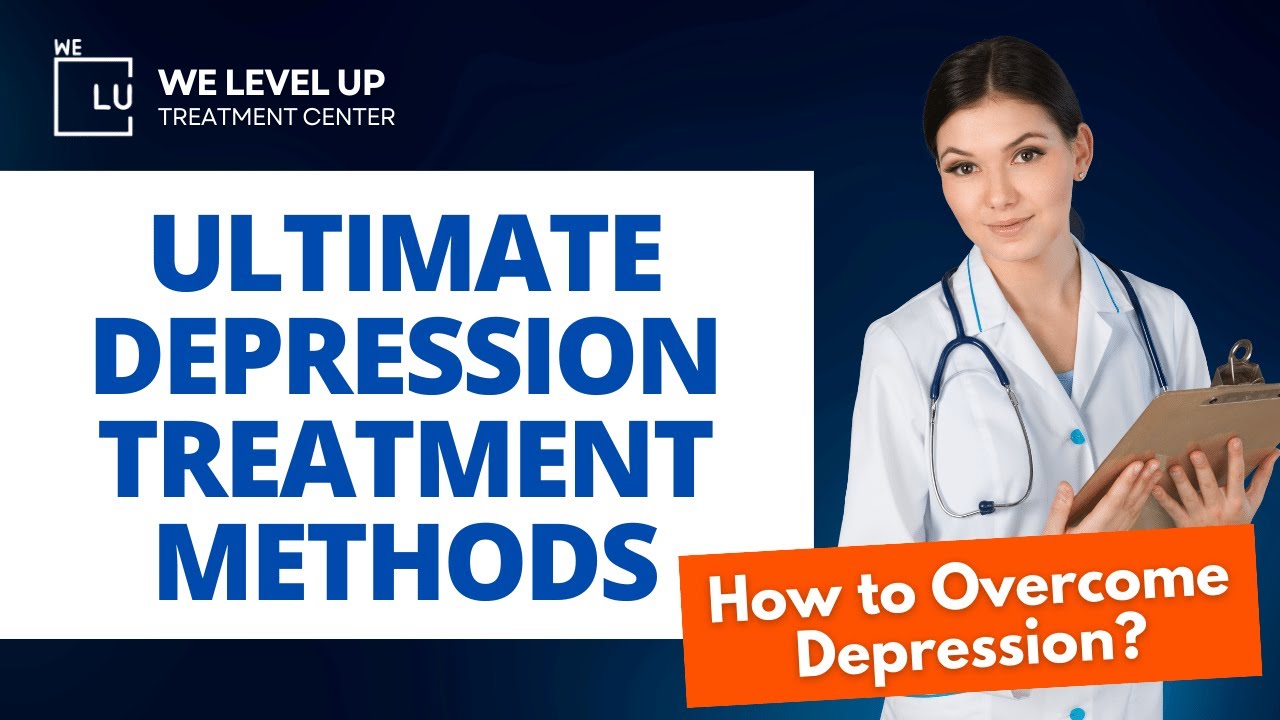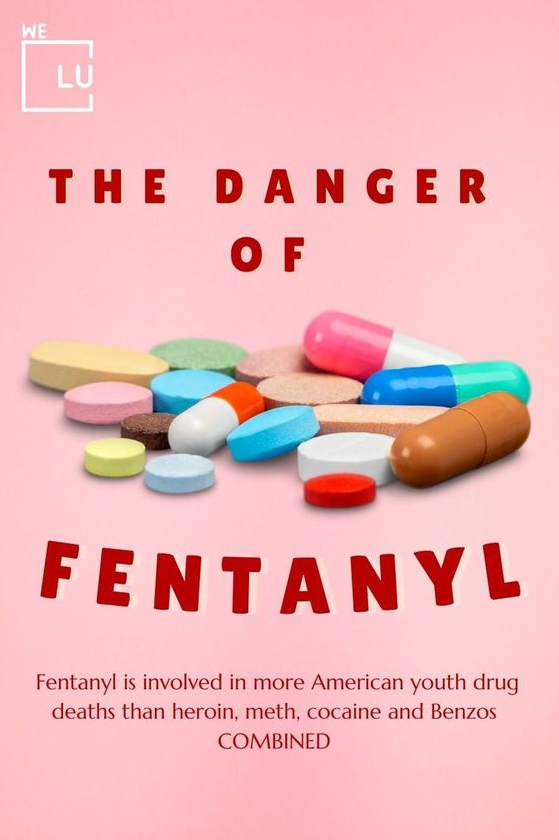What is Adderall Withdrawal?
Adderall withdrawal is different for everyone. Your withdrawal experience will depend on a number of factors, including the nature of your Adderall use. If you have a stimulant use disorder (Adderall addiction), then there will be additional issues to contend with in the weeks following your last dose.
The initial withdrawal syndrome can be severe. Withdrawal may affect your ability to function normally and fulfill your responsibilities at home, school, and work. Adderall effects increase the activity of two neurotransmitters (chemical messengers) in your brain: norepinephrine and dopamine.
Dopamine is responsible for activating your brain’s reward system. Norepinephrine is responsible for boosting your alertness, focus, and cognitive functions. Both play a role in mood regulation. During long-term Adderall use or Adderall addiction, your brain gets used to the increased activity of these neurotransmitters. Withdrawal symptoms occur because your brain is experiencing what it believes to be low levels of dopamine and norepinephrine.
It’s no wonder that the hallmark of Adderall withdrawal effects is depression. Depression from Adderall withdrawal is temporary, typically continuing for about one week after your last dose. In some people, however, depression can linger for weeks or months.

Adderall Withdrawal Symptoms
Adderall addiction or overusing the drug, then stopping abruptly may also cause symptoms of withdrawal, such as:
- Feeling uneasy
- Sleep problems, whether insomnia (trouble falling or staying asleep) or sleeping too much
- Hunger
- Anxiety and irritability
- Panic Attacks
- Fatigue or lack of energy
- Phobias
- Suicidal thoughts
- Depression
Severe depression is a lot different than just feeling sad. You may experience any of the following:
- Feelings of emptiness or hopelessness
- Loss of interest in activities that normally bring you pleasure, such as sex or exercise
- Extreme irritability or frustration
- A complete lack of energy or excessive tiredness
- Sleeping too much or too little
- Feelings of anxiety
- Feeling like you’re moving, thinking, or talking slower than usual
- Intense self-criticism or a sense of worthlessness
- Feelings of guilt and regret
- Eating too much or too little
- Problems thinking, focusing, or making plans
- Unusual aches and pains
- Thoughts of death or suicide or suicide attempts
Adderall Withdrawal Timeline
If you take large, nontherapeutic doses of Adderall or go on Adderall binges (consecutive days of large doses), then you have probably experienced an Adderall crash before. The Adderall crash is like an intense mini-withdrawal. It typically begins within several hours of your last dose and can continue for one or two days. Most people experience physical and mental exhaustion along with a markedly depressed mood.
After an Adderall binge, you are likely to be sleep-deprived and starving. You may eat and sleep a lot while you recuperate. When you quit Adderall for good, your symptoms will resemble those of an Adderall crash in the beginning, but they will become less intense over time.

If you are not coming off an Adderall binge or you take your Adderall on a regular, daily schedule, then withdrawal symptoms can appear more slowly. You may not notice any symptoms until a couple of days go by. Adderall withdrawal typically lasts from three days to several weeks, but you may have lingering psychological symptoms and cravings.
Unlike other withdrawal syndromes, Adderall withdrawal is not associated with any dangerous medical problems. The primary risk is that your depressed mood will escalate to suicidal thoughts or behaviors. [1]
How Long Does Adderall Withdrawal Last?
Signs of withdrawal usually show up a day or two after you stop taking it. They may last a few days to several weeks — it’s different for everyone. If you’ve taken the drug for a long time, your body and brain may have started to depend on it. The more often you took it, the harder it can be to stop. A few other things can affect how long your symptoms last and how bad they are:
- Your genes
- Your health history, especially mental health
- Your family’s history of addiction
Adderall is a brand name for the combination of dextroamphetamine and amphetamine. It’s a prescription drug used principally to treat ADHD or narcolepsy (daytime sleepiness). The medication adjusts certain naturally occurring chemicals in your brain by enhancing the effects of neurotransmitters such as dopamine and norepinephrine. However, the combination of dextroamphetamine and amphetamine can be habit-forming and may cause Adderall addiction and Adderall withdrawal.
Dextroamphetamine/amphetamine belongs to a class of drugs known as central nervous system stimulants. The Drug Enforcement Administration/Food and Drug Administration classifies these medications as schedule II drugs with high potential for abuse in the United States.
Immediate-release and sustained-release amphetamine medications are FDA-approved to treat ADHD and narcolepsy in both adult and pediatric populations. Non-FDA-approved clinical uses for dextroamphetamine/amphetamine include cerebrovascular accidents. [2] Cerebrovascular accident (CVA) is the medical term for a stroke.
Adderall Detox
Stimulants are very strong, and in some cases, they can cause serious side effects. These drugs can also be addictive. For this reason, Adderall is a controlled substance. It has a high potential for abuse and dependence. You should never take this drug without a prescription. Using it without a prescription and your doctor’s supervision can be dangerous.
Adderall withdrawal is dangerous and addiction is a complex issue that requires long-term treatment – not a quick fix. Therefore, the first step in overcoming Adderall addiction is to seek help from your medical provider or a trained professional.
Clearing prescription drugs from the body and overcoming withdrawal symptoms is the goal of detox, which is the first step of treatment for Adderall addiction.
For anyone who suffers from Adderall addiction, just the thought of having to stop using can cause severe mental distress. Given that, the medical detox process is managed with the help of a medical detox center. In addition, a comprehensive team prescribing medications can alleviate your withdrawal pains while monitoring your health 24 hours. Thus, assuring both your safety and comfort. [3]
We Level Up TX’s thorough approach to rehabilitation supports several levels of care to ensure the best possible outcome for every client who enters our doors.

We Level Up TX Adderall addiction treatment tailors the program to the individual and the individual to the recovery program. We begin by assessing our client’s history of mental health, drugs, and alcohol-related past. The needs of each client are specific and personalized, as we aim to provide comprehensive support for mental health, addiction, and dual diagnosis treatment.
Inpatient rehab system in a drug abuse treatment center consists of medical treatment, withdrawal management, and individual, family, and group counseling. This combination is necessary to treat the overall medical and mental health of the individual holistically. [4] When only one component is addressed, there is more room for addiction to return.
Medical Treatment: Inpatient treatment includes medical care to support you further as you take your first steps in recovery. Medical care is so helpful because addiction and physical dependence affect a person’s physical health.
For instance, drugs and alcohol can cause seizures during withdrawal, so medical staff must be trained to handle episodes. In addition, an intravenous (IV) drug user might need to screen for HIV, Hepatitis B, and C. Medical care in the inpatient rehab setting is sometimes the first treatment people have gotten in years.
Withdrawal Management: The time frame depends on the drug of abuse, the amount used, how long it is for, and many other personal factors. Clinical care in inpatients helps alleviate adverse side effects as a person faces lingering withdrawal symptoms.
Individual, Family, and Group Therapy: Individual counseling, family counseling, and group therapy are included in inpatient rehab services. Choosing a drug abuse treatment center near you and understanding which types of addiction therapies they offer should be critical in deciding if it’s right for you.
Recreational Therapy: In inpatient care, you can access a range of recreational amenities to enhance your physical and mental health. Amenities differ by the facility but may include yoga or holistic therapy, sports activities, and more.
Clients in the residential care programs will live comfortably within the facility during this crucial and fragile time. This supportive environment is designed to give patients 24-hour care for sobriety, removing temptations for relapse and applying an air of recovery into every component of the treatment timeline. We Level Up TX treatment center finds that when clients are living in a supportive community, especially during their early recovery process, they can truly focus on what matters most: their recovery.
Make this your opportunity to reclaim your life. Call today to speak with one of our treatment specialists. We will help you explore Adderall withdrawal effects and addiction treatment options. Your call is private and confidential, and there is never any obligation.
Sources:
[1] https://www.verywellmind.com/adderall-withdrawal-symptoms-timeline-and-treatment-4177486
[2] Prescription Stimulants DrugFacts – National Institute on Drug Abuse
[3] Adderall Addiction – We Level Up, Adderall Addiction – We Level Up FL
[4] We Level Up » Treatment » Inpatient Rehab





